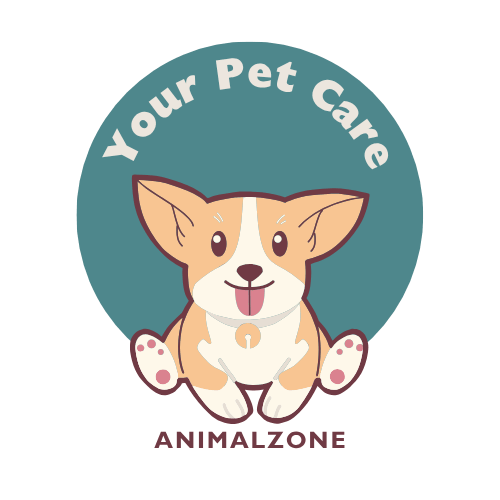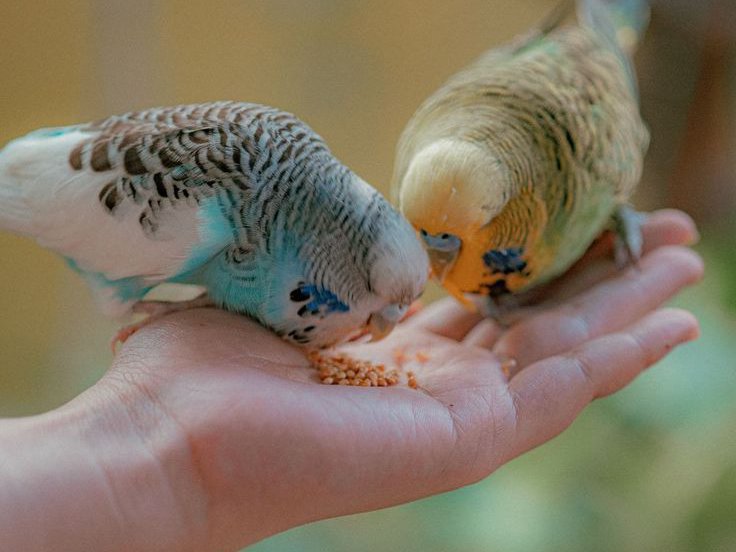When it comes to caring for your feathered friend, nutrition is everything. A well-balanced diet is the foundation of your bird’s overall health, affecting their energy levels, feather condition, mood, and lifespan. Whether you’re a new bird owner or looking to improve your pet’s nutrition, understanding the essentials of healthy bird food is key.
This guide will walk you through what birds should eat, what to avoid, and how to build a feeding routine that keeps your bird happy and thriving.
Why Diet Matters for Birds
Unlike cats or dogs, birds have extremely fast metabolisms and specific dietary requirements based on species, size, and lifestyle. Poor nutrition is a leading cause of health problems in pet birds — including obesity, liver disease, vitamin deficiencies, and feather plucking.
Feeding your bird right isn’t just about offering seeds — in fact, a seed-only diet can be harmful in the long term.
Components of a Healthy Bird Diet
1. Pellets
Formulated bird pellets are designed to provide balanced nutrition. They should make up 60–80% of your bird’s diet, depending on species. Look for pellets without added sugars, dyes, or artificial preservatives.
Benefits:
-
Nutritionally complete
-
Prevents selective eating
-
Easy to store and feed

2. Fresh Vegetables and Fruits
Fresh produce provides essential vitamins, minerals, and hydration. Dark leafy greens like kale, spinach, and dandelion are packed with nutrients. Bell peppers, carrots, and broccoli are also great options.
Fruits should be given in moderation due to their sugar content — good choices include apples (no seeds), berries, bananas, and mango.
Tip: Wash all produce thoroughly and remove any pits or seeds that could be toxic.
3. Whole Grains and Cooked Legumes
Cooked quinoa, brown rice, oats, and lentils are excellent additions to a bird’s diet. These provide protein and fiber while adding variety to their meals.
4. Occasional Seeds and Nuts
While many birds love seeds and nuts, they should only be given as treats or training rewards due to their high fat content. Use them sparingly, especially with small or sedentary birds.
Foods to Avoid
Some foods can be dangerous or toxic to birds. Never feed your bird:
-
Avocado
-
Chocolate
-
Caffeine
-
Alcohol
-
Onion and garlic
-
Fruit seeds (e.g., apple, cherry)
-
Salty or fried foods
Feeding Tips by Bird Type
-
Parakeets and cockatiels: Require a mix of pellets, seeds, and fresh greens.
-
African greys and amazons: Benefit from vitamin A-rich vegetables and monitored fruit intake.
-
Finches and canaries: Need small, varied diets with soft foods and millet.
-
Macaws and cockatoos: Thrive with added healthy fats (like almonds) and enrichment feeding.
Establishing a Routine
Birds are creatures of habit. Feed them at the same times each day, keep water clean and fresh, and remove uneaten food after a few hours to prevent spoilage. Use food puzzles or foraging toys to provide mental stimulation and mimic natural behaviors.
Final Thoughts
Feeding your bird right means understanding their unique nutritional needs, offering variety, and being mindful of what goes into their bowl. By shifting from a seed-based diet to a balanced, whole-food diet, you’re giving your bird the best chance at a long, vibrant life.
Learn More
For species-specific bird nutrition advice, visit the zoopiahub.com or consult your local avian vet.

